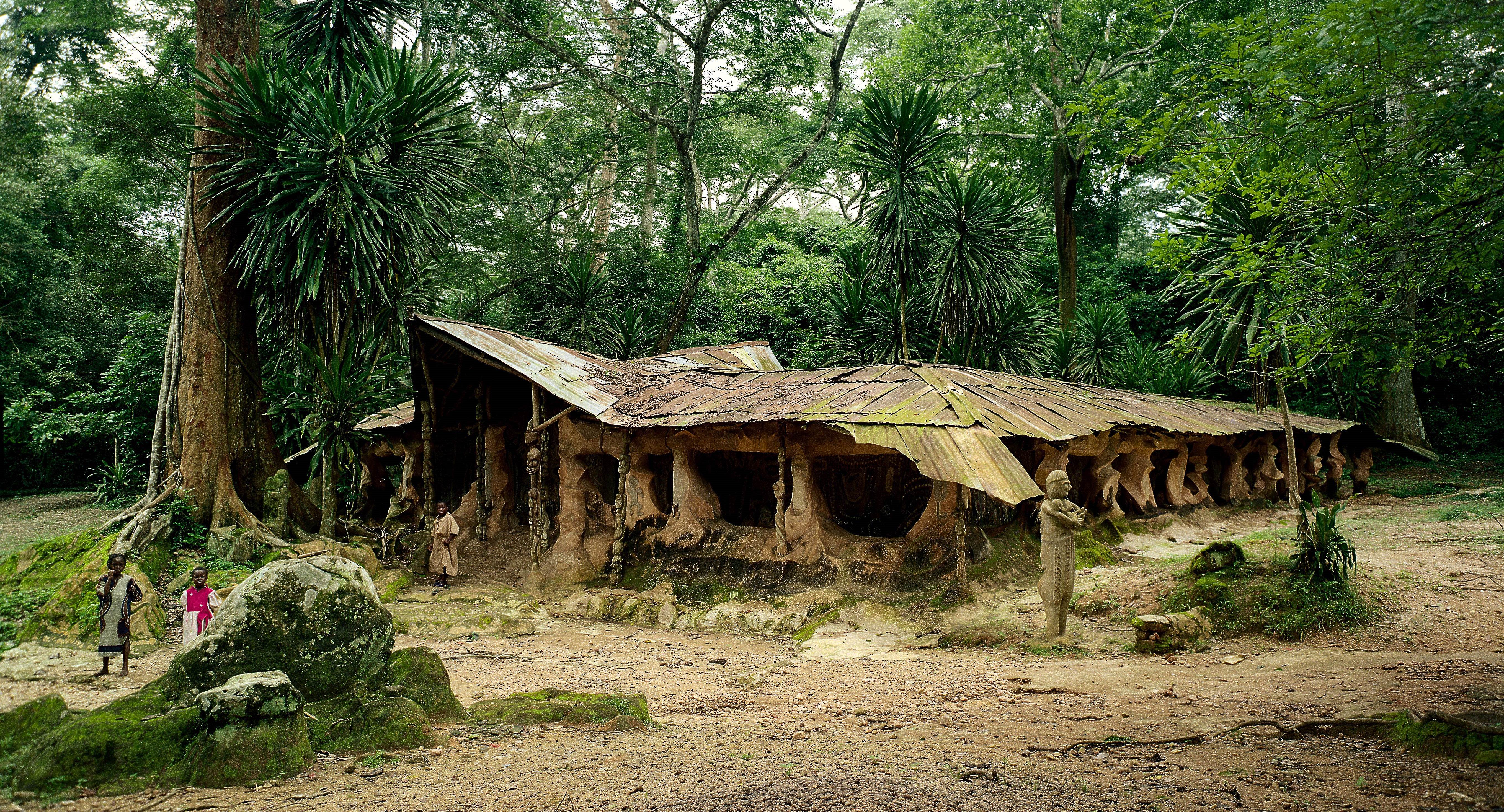Yoruba Architectural Sites in Nigeria
DOI:
https://doi.org/10.5282/rcc-springs-5005Abstract
This article discusses some of the most significant Yoruba architectural sites located in vast, hilly areas of pristine forest in southwest Nigeria. The setting and cultural meaning of these heritage sites signify hope for a harmonious coexistence between society and the nonhuman world. The sites—as natural milieus that are shaped by cultural practices—demonstrate the power of architecture as a cultural agent. They exemplify how space is entangled with life and worldviews. The global institutionalization of cultural heritage suggests that the sites will continue to inform Yoruba environmental history.

Downloads
Published
Issue
Section
License
Copyright (c) 2023 Joseph Adeniran Adedeji

This work is licensed under a Creative Commons Attribution 4.0 International License.

